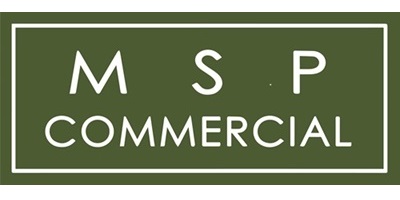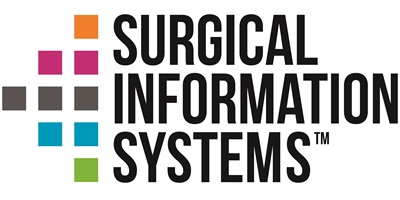- Home
- About Us
- Learning & Events
- Advocacy
- Focus on New Laws
- Resources
- Sponsors
- Contact Us
Navigating Culture Rupture & Repair with Cultural HumilityFriday, May 16, 2025, 10 AM During this online education session, Hannah Dufek highlighted cultural humility as essential for leaders in diverse, high-pressure settings like outpatient surgery centers. This approach—grounded in openness, curiosity, and self-awareness—helps leaders navigate cultural differences. Dufek stressed the importance of recognizing and repairing cultural ruptures to build trust, strengthen collaboration, and support resilient patient care and team dynamics. Dufek provided frameworks and strategies for recognizing signs of rupture, understanding their roots, and effectively repairing harm in a way that prioritizes progress over perfection. The session included practical tools such as the 5 D’s of Differences, markers of cultural rupture, and both immediate and longer-term exploratory repair techniques. She encouraged participants to reflect on their own identities using the ADDRESSING model and to remain engaged in ongoing self-examination and reflection. Top 6 Takeaways for ASC Leaders:
Resources: This session served as a powerful reminder that leadership in healthcare isn’t just clinical—it’s relational. By recognizing and repairing cultural ruptures, ASC leaders can foster stronger, more inclusive teams and deliver more empathetic, responsive care. Presenter: Hannah Dufek, LPCC, LADCHannah is a licensed mental health therapist and is the Director of Clinical Services at CARE Counseling. She received her Master of Science in Clinical Mental Health Counseling and an Addictions Counseling Certificate at Winona State University. Through her work at CARE, Hannah has focused on teaching and training ways to increase confidence and lean into understanding cultural identity and humility as it relates to all aspects of personal and professional relationships. Continuing Education Credit: This program is approved for up to 1.0 hour of AEUs by BASC Provider #6240 for the content area: Delivery of Patient Care. For more information, please review the BASC Approval Letter and Content Breakdown. Learning Objectives:
Questions? For more information, or to submit questions to be addressed during the session, please contact: Vicki Stute, MNASCA Executive Director |












